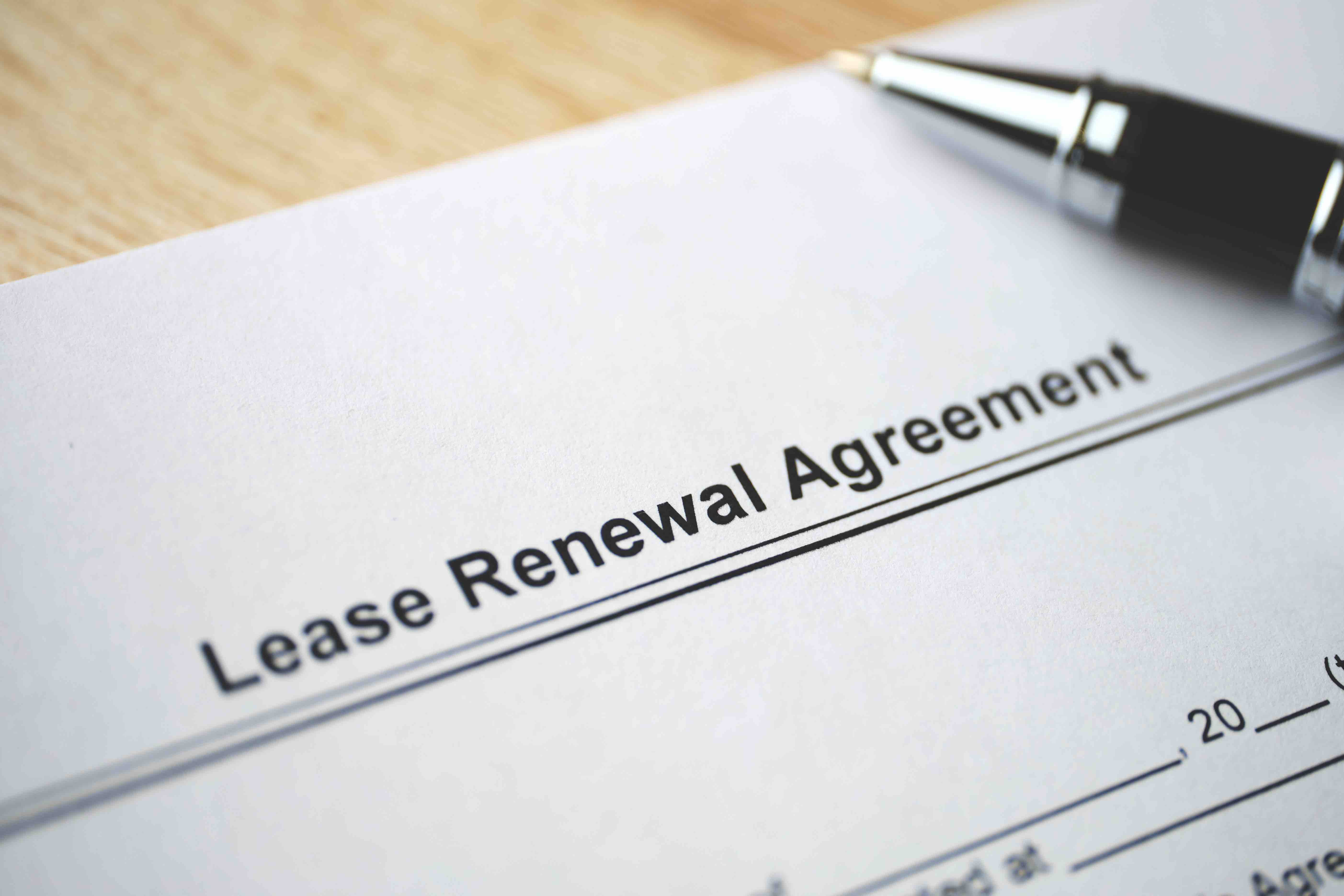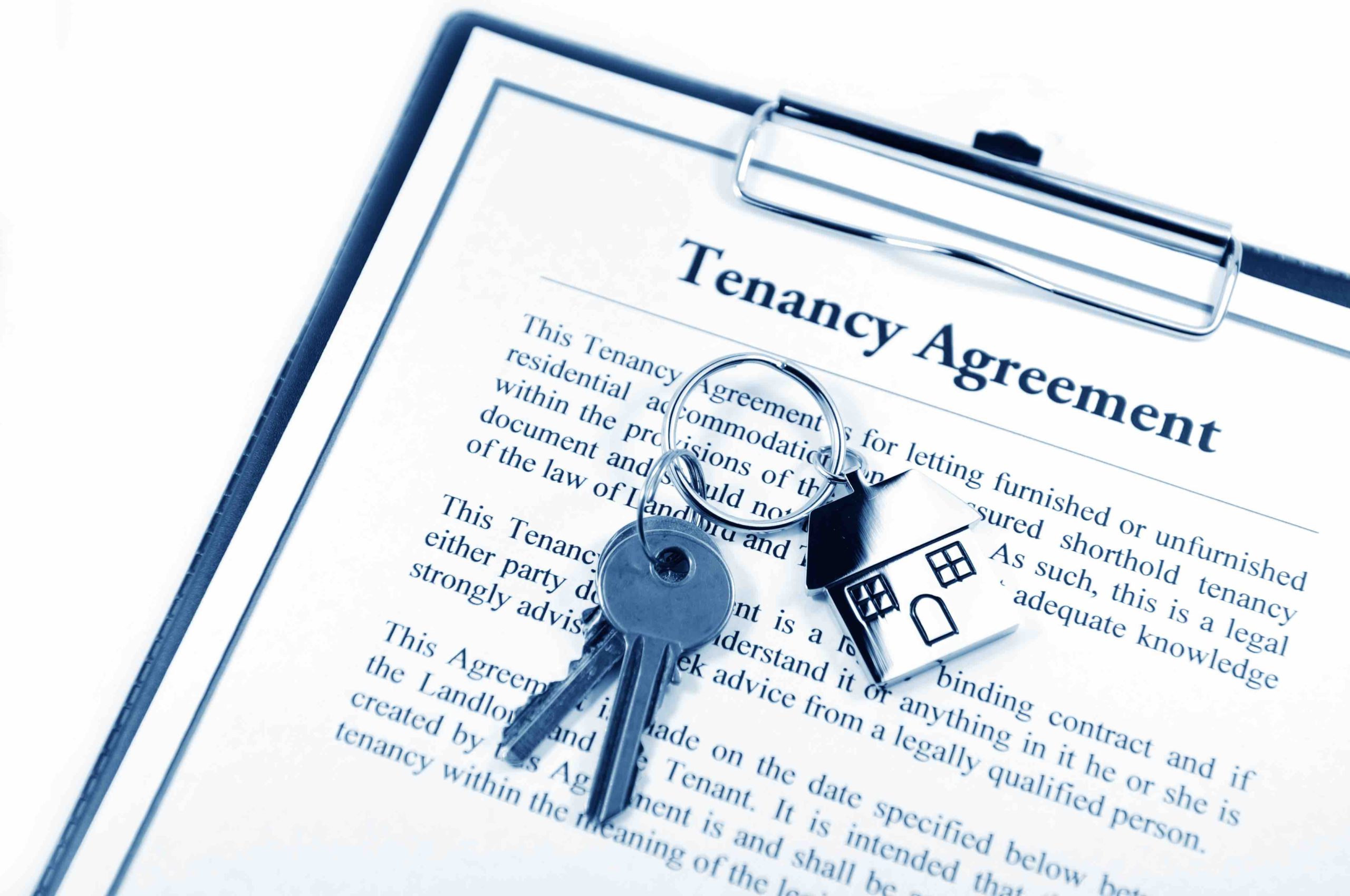
As a landlord, retaining reliable tenants and maintaining a steady rental income are crucial aspects of managing a successful rental property. Crafting the perfect lease renewal letter to tenant can significantly impact your tenant’s decision to renew and ensure a positive landlord-tenant relationship. This comprehensive guide will walk you through the process of creating an effective lease renewal letter that takes into consideration both legal requirements and tenant satisfaction.
Short Summary
- Lease renewal letters should be sent to tenants at least 60-90 days before the lease expiration date and include their full name, property address, current lease expiration date, new terms & conditions and rental amount.
- Benefits of leasing renewals for both landlords and tenants include reduced turnover costs, consistent rental income & positive relationships.
- Landlords must consider tenant requested changes during the process as well as potential legal issues when handling a declined renewal request.
Suggested Posts:
Rental Property Loans: Navigating the Best Options in 2023
Best Property Management Chatbots in 2023
Unlock the Benefits of an AI Leasing Agent for Your Property
What is a Lease Renewal Letter?
A lease renewal letter is a document sent by landlords to notify tenants that their lease is nearing its end and to offer the option to renew the lease with any updated terms or conditions. The intent of this lease renewal notice is to provide tenants with a clear understanding of their options, which may potentially lead to a lease renewal agreement or a new lease agreement.
It is important for landlords to be clear and concise in their lease renewal letters, as this is important for landlords to be clear and concise in their lease renewal letters.
Jump to Free Lease Renewal Letter Template
Essential Components of a Lease Renewal Letter

To craft an effective lease renewal letter, it’s essential to include specific components, such as addressing the tenant, specifying the lease expiration date and new lease terms, and mentioning any rent increase if applicable. These components will not only ensure your letter is legally compliant, but will also promote clarity and understanding between you and your tenant.
It is important to be clear and concise when writing a lease renewal letter. Make sure to include the following information.
Addressing the Tenant
Begin your lease renewal letter by addressing the tenant by their full name and including the property address. This personalization demonstrates respect and professionalism, which can contribute to maintaining a positive landlord-tenant relationship.
It is important to be clear and concise in your letter. Explain the terms of the lease renewal, referring to the original lease agreement for context.
Lease Expiration Date and New Lease Terms
In your lease renewal letter, clearly state the current lease end date and outline the new lease terms, including the duration of the renewed lease. This allows your tenant to have a comprehensive understanding of the changes from the original lease and make an informed decision.
By providing this information, you can ensure that your tenant is aware of the changes and can make improvements.
Rent Increase (if applicable)
If there is a rent increase, provide the new rental amount and the effective date of the increase in the lease renewal letter. Transparency is key, as it allows the tenant to fully comprehend the new terms before making a decision.
This will help ensure that the tenant is aware of the changes and can make an informed decision.
Timing for Sending Lease Renewal Letters
Lease renewal letters should be sent at least 60-90 days before the lease expiration date to give tenants ample time to consider their options and make an informed decision.
This also ensures that you, as a landlord, have sufficient time to find a new tenant if the current tenant decides not to renew their lease.
Download a Free Lease Renewal Letter Template
Benefits of Lease Renewals for Landlords and Tenants
Lease renewals offer numerous benefits for both landlords and tenants. For landlords, lease renewals can reduce turnover costs, ensure consistent rental income, and prevent vacancies. Additionally, lease renewals help maintain a positive landlord-tenant relationship, which is essential for a successful rental business.
On the other hand, tenants benefit from lease renewals by minimizing turnover costs, enjoying a predictable rental income, and experiencing fewer disruptions to their living situation. In essence, lease renewals create a win-win situation for both parties involved.
Lease Renewal Letter Template and Sample
To assist landlords in crafting a professional and effective lease renewal letter, we provide a lease renewal letter template and sample here. This template will help ensure that all essential components are included, making the lease renewal process smoother and more efficient.
By using this sample lease renewal letter template, landlords can be sure that their lease renewal letter is comprehensive and professional.
Handling Tenant Negotiations and Requests
Tenant negotiations and requests may arise during the lease renewal process. It’s essential to be open to considering tenant-requested changes to the lease terms and be prepared to transition to a month-to-month lease if desired by the tenant.
Lease renewal is an important process that requires careful consideration of the tenant’s needs and the terms of their existing lease.
Considering Tenant-Requested Changes
Be open to considering tenant-requested changes to the tenant’s lease terms and negotiate a mutually agreeable new rental lease agreement during the lease agreement renewal process. This flexibility demonstrates your willingness to accommodate your tenant’s needs and may encourage them to renew a lease.
By being open to changes, you can create a positive relationship with your tenant and ensure that they are satisfied.
Transitioning to a Month-to-Month Lease
If a tenant requests a month-to-month lease for a rental property, weigh the pros and cons before agreeing to the new terms or terminating the lease. Consider factors such as the stability of rental income and the potential challenges of finding a new tenant on short notice.
Month-to-month leases are beneficial for tenants and provides them ease and flexibility, but they also can also be beneficial for landlords in certain situations.
What to Do When a Tenant Declines Lease Renewal
If a tenant declines a lease renewal, request a written notice of their intent, provide move-out instructions, and begin the process of finding a new tenant. This ensures a smooth transition and minimizes the potential loss of rental income.
By taking these steps, landlords can ensure that the process of finding a new tenant is as easy as possible.
Legal Considerations in Lease Renewals
When it comes to lease renewals, it’s crucial for landlords to ensure compliance with state and local laws, avoid discrimination, and understand the rights and responsibilities of both parties. Failure to adhere to legal requirements may expose landlords to potential legal issues and disputes.
For instance, certain states require a “just cause” justification for lease termination, meaning that landlords must have a legitimate reason for not renewing a lease. Be aware of the specific legal requirements in your jurisdiction to avoid potential complications.
Tips for Encouraging Tenants to Renew Their Lease
Encouraging tenants to renew their lease can be as simple as maintaining a well-maintained property, offering incentives for renewal, and fostering a positive landlord-tenant relationship. By keeping the property in good condition and addressing maintenance issues promptly, you demonstrate your commitment to providing a comfortable living space for your tenants.
Offering incentives, such as a discounted rent for a longer lease term or a small upgrade to the property, can also entice tenants to renew their lease. A positive landlord-tenant relationship, characterized by open communication and mutual respect, can further increase the likelihood of lease renewal.
Summary
In conclusion, crafting the perfect lease renewal letter is an essential aspect of managing a successful rental property. By including all necessary components, understanding legal considerations, and employing strategies to encourage lease renewals, landlords can maintain a stable rental income and foster a positive landlord-tenant relationship. Ultimately, this comprehensive guide serves as a valuable resource for navigating the lease renewal process and ensuring a mutually beneficial outcome for both parties involved.
Frequently Asked Questions
If my lease is up do i have to give notice?
You should give notice at least 30 days before your lease ends, unless your lease ends on a certain date without automatically renewing.
Keep a copy of your notice as proof.
How much notice does a landlord have to give if not renewing lease?
Landlords must give 30 to 60 days’ notice when not renewing a lease, depending on the state. Most states require the landlord to provide a written notice to the tenant.
How to tell tenant not renewing lease?
Dear [Tenant/Landlord], I am writing to inform you that your current lease for the property located at [Address] will not be renewed.
This letter serves as my notice of non-renewal and requires you to vacate the premises by midnight on the expiration date of [Date].
Can a landlord not renew lease?
In most cases, your landlord can only deny you a renewal lease through eviction in Housing Court. Notice must be provided and a summary nonpayment court proceeding may be brought to evict a tenant who has not paid the rent and recover outstanding rent.
How to renew a lease as a landlord?
To renew a lease as a landlord, offer your tenant a lease renewal notice 90 days before the lease expires. The renewal notice should include the names and contact information of both parties, the property address, a reference to the original lease, and any changes to the terms.
Reply to the tenant within 30 days to ensure at least 60 days for finding a new tenant if needed.
Upgrade Your Building Security
Get in touch with a Swiftlane specialist for more information on the best access control and video intercom solution for your building.






